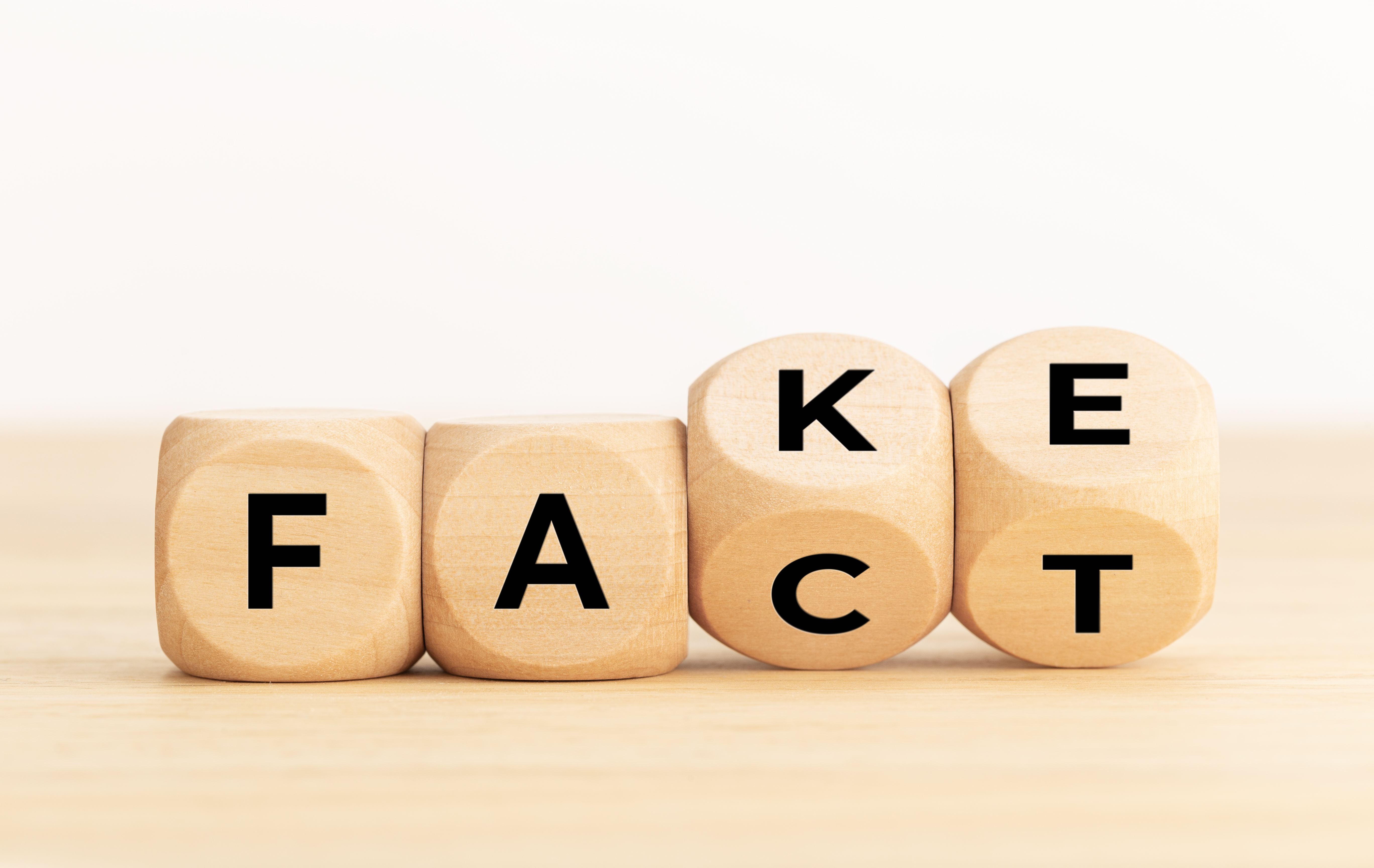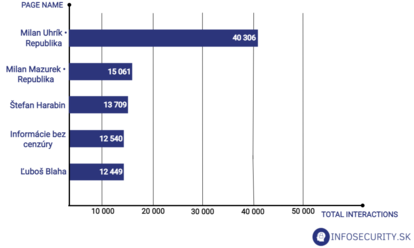DISINFORMATION
From being anti-vax to being pro-war: the disinformation media change course

Even a month after the invasion began, the barrage of pro-Russian disinformation is still intensifying. As circumstances on the battlefield and Russia's objectives change and evolve, so does their disinformation campaign. Moscow's apologists are actively seeking new ways to spread their disinformation narratives.
Infosecurity.sk presents an overview of disinformation trends that have been on the rise in information space in the past two weeks:
- A crackdown on disinformation websites have caused them to migrate to channels with less oversight, Telegram is becoming a safe haven for dissemination of disinformation and conspiracies.
- The pro-Russian disinformation machine continues to spread myths and false pretexts for invading Ukraine. Narratives portraying Putin as a denazifier, accusations of provocations, and bogus claims about the production of chemical weapons are as popular as ever with the disinformation actors.
- Anti-vax websites have changed their course and are now promoting and supporting the Russian aggression in Ukraine, linking the recycled pro-Russian narratives to ones about vaccination.
Communication channels change, disinformation stays
The Slovak disinformation scene has taken several blows since the Russian invasion of Ukraine began. Some of the country's leading disinformation websites, including Hlavný denník, Hlavné správy, and Infovojna, have been blocked by the government.
However, this has done little to curb the spread of disinformation via other social media such as Facebook. Moreover, much of the disinformation rhetoric spread by these sites has migrated to communication channels with less oversight - namely Telegram. Thus, the app has become a safe haven for dissemination disinformation and conspiracies.
Yet despite the change in the environment, many of the disinformation narratives remain the same. Either they tell narratives about why the war was absolutely "necessary," or they attempt to link the current situation to older, in some cases completely unrelated, conspiracy theories.
Claims that Ukraine is a colony with a puppet regime that lacks genuine statehood are frequent. Kremlin propaganda often combines these claims with adjectives such as "fascist," "Nazi," or "neo-Nazi." Accusations of being fascist have become a staple of pro-Russian disinformation. Pro-Kremlin channels accused the Ukrainian government of being "fascist" as early as 2014, when Crimea was annexed by Russia.
On and on with the false pretexts
The pro-Russian disinformation machine continues to spread myths and false pretexts for the invasion of Ukraine. It is repeatedly claimed that Russia is conducting a special operation in self-defence to prevent a "genocide" and has no intention of occupying Ukraine. A pro-Kremlin disinformation narrative that portrays the Ukrainian leadership as Russophobic and keen on subjecting the country's Russian-speaking population to "genocide."
Of course, there is no evidence that ethnic Russians were persecuted by Ukrainian authorities, let alone that they were in danger of being subjected to genocide. The more the images of civilian casualties shock the world and the Russian advance falters, the more obsolete these narratives become.
In response, the Russian state media invented even more pretexts to justify their war of aggression. One such pretext, repeatedly spread by the pro-Kremlin media, that dominates the Slovak information space claims that Ukraine is secretly developing biological weapons, although this claim, like all others, has no factual basis.
From anti-vax to pro-war
It is no surprise that the main topic of Slovak disinformation media in recent years has been the COVID-19 pandemic. The local portfolio of anti-vax websites (masquerading as health and wellness websites) has long spread various conspiracy theories about the emergence of a new coronavirus, the side effects of vaccination, and criticised the measures taken to combat the pandemic.
However, since the beginning of the year, and especially after the start of the Russian invasion of Ukraine, these anti-vax pages have shifted their focus from health-related topics to the war in Ukraine.
Their common denominator is that they promote and support an exclusively Russian view of the aggression in Ukraine. Again, the disinformation actors do not hesitate to play the "fascist" card. For example, one of the narratives states that the UN is a fascist gang imposing hatred on Russia and that countries that disagree with this stance will not be given access to COVID-19 vaccines.
Texts accusing the US and NATO of provocation and warmongering are also common. Also recurring are economic themes claiming that economic sanctions imposed on Russia are "suicide" and will destroy the West and Slovakia. These recycled pro-Russian narratives are also linked to those about vaccinations. For example, one such narrative claims that the war is an elaborate psychological operation to divert attention from the deaths caused by vaccinations.
Moscow's apologists
Not much has changed on Facebook. As data from CrowdTangle show, some of the main Moscow’s apologists on Facebook are the country’s current or former politicians.
The graph below shows the top Facebook posts with the keyword: rusko (Russia) in the last two weeks, ranked by total number of interactions (likes, comments and shares).

Four posts that received the most interactions in the last two weeks were published by MEP Milan Uhrík, MP Milan Mazurek, former Justice Minister Štefan Harabin and MP Ľuboš Blaha. The former two strongly criticize the Slovak government's support for Ukraine and attack any stance that considers moving away from Russia as the sole source of energy, while the latter two attempt to justify Moscow's actions. The post by made by the “Informácie bez cenzúry” page is an interview with former Prime Minister Ján Čarnogurský, who also harbours a strong pro-Russian sentiment.
Project Infosecurity.sk organised by STRATPOL – Strategic Policy Institute and Slovak Security Policy Institute, which is supported by the Prague office of the Friedrich Naumann Foundation for Freedom, continuously monitors the activities of both Slovak and foreign disinformation actors, but focuses mainly on the former. The project activities are built upon daily monitoring of emerging disinformation, hoaxes, and conspiracy theories in the online information space. This approach allows the analysts to identify disinformation posts and narratives that resonated with the public the most, as well as to find out where they originated, and how they spread and evolved on social media. The report takes the form of a bi-weekly summary of arising trends in the spread of malicious information content online. Based on that, Infosecurity.sk can warn the public about emerging and current trends in the field of disinformation, manipulation, and propaganda.

